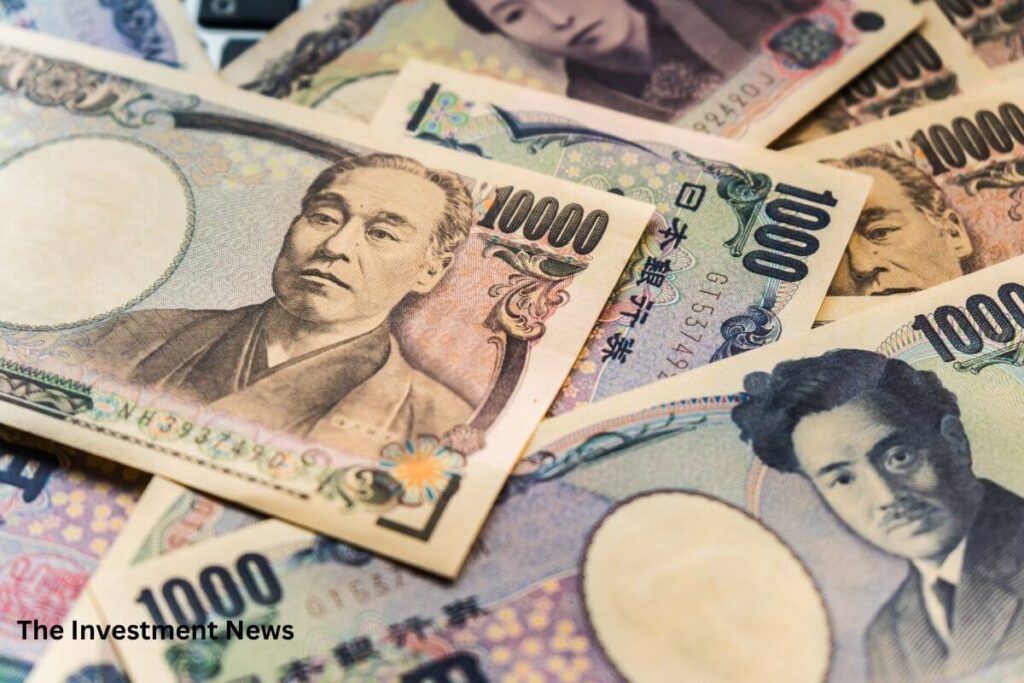Asian markets painted a picture of optimism today, with stocks rising after positive inflation data from the US. However, this upbeat sentiment wasn’t shared by Japan, whose Gross Domestic Product (GDP) shrank at a more significant rate than expected in the first quarter of 2024.

This news serves as a cautionary tale amidst the current global economic climate. Let’s delve deeper into the factors contributing to Japan’s shrinking GDP:
- Weakening Consumer Spending: Consumer spending, a vital engine of economic growth, has shown a significant slowdown in Japan. This could be attributed to factors like stagnant wages and rising inflation, particularly for imported goods due to the weakening yen.
- Global Uncertainty: The ongoing war in Ukraine and geopolitical tensions continue to shadow the global economy. Businesses and consumers alike might be cautious, which could impact spending and investment in Japan.
- Auto Industry Woes: Production issues at Toyota, a major contributor to the Japanese economy, also contributed to the GDP decline.
The Japanese government and central bank will likely be pressured to address these concerns. Potential measures could include fiscal stimulus packages to boost consumer spending or policies to strengthen the yen.
Here are some lingering questions for Japan’s economic future:
- Can Japan reignite consumer spending and restore economic growth momentum?
- How will global factors like the Ukraine war and inflation continue to impact the Japanese economy?
- What policy measures will the Japanese government implement to address these challenges?
Despite the current slump, Japan’s economy remains one of the strongest in Asia. The nation’s long-term economic prospects will depend on its ability to navigate these headwinds and address the root causes behind the sluggish consumer spending.
Investors with exposure to the Japanese market should monitor the situation closely and consider its potential impact on their portfolios.









